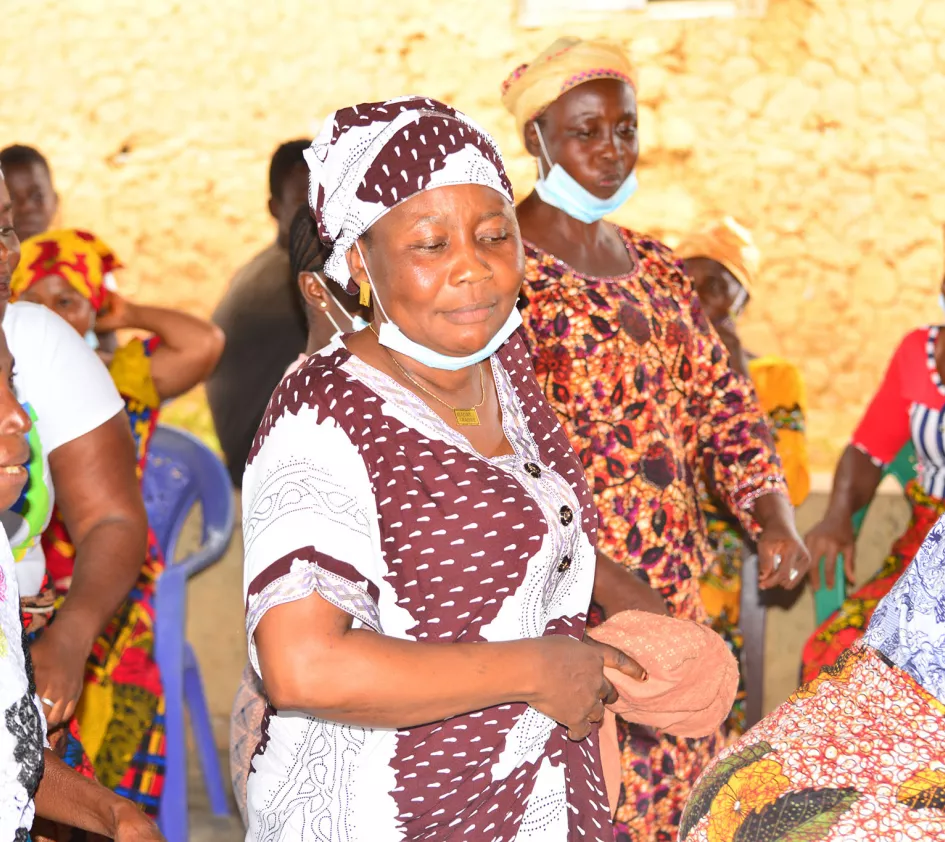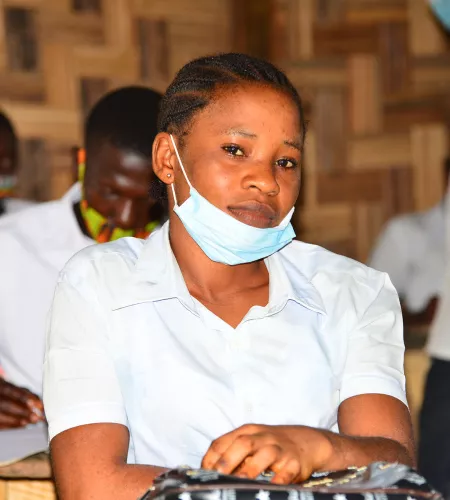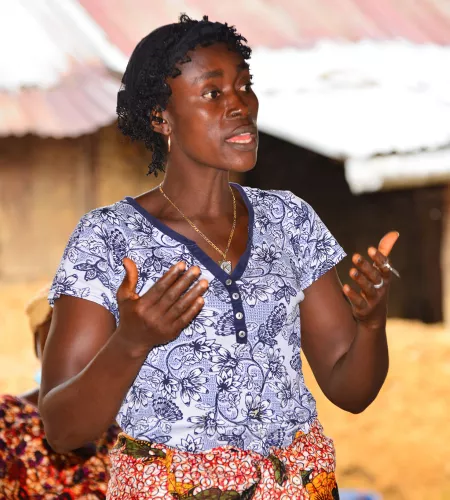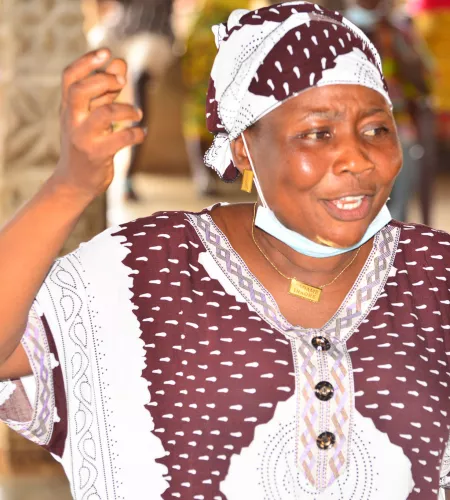Liberia is well-known by many for its brutal civil wars from 1989 to 2003 and the deadly Ebola outbreak from 2014 to 2016. The negative images of Liberia’s turbulent past often overshadow other significant events.
Liberia is the oldest independent Republic in Africa. The 2005 presidential elections served as an example for the world, when Ellen Johnson Sirleaf was democratically elected as Liberia’s president and Africa’s first female head of state (see: Talking Peace) Sirleaf became a symbol of women empowerment worldwide, encouraging women and girls to find their voice and to step up as future leaders.
“To girls and women everywhere, I issue a simple invitation,” she said, “My sisters, my daughters, my friends; find your voice” (see: The most influential women of the last decade). However, many also belief that Sirleaf failed women in Liberia by doing near to nothing to improve their position in politics (see: Is Liberias Sirleaf really standing up for women?)




